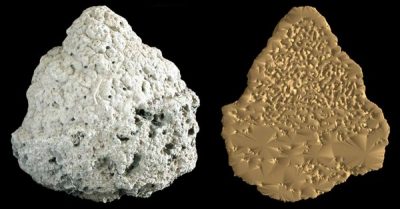Follow all the CRCA’s news !
1 5 6 7 8 9Social intolerance is a consequence, not a cause, of dispersal in spiders
Spiders start out social but later turn aggressive after dispersing and becoming solitary, according to a study publishing July 2 in the open-access journal PLOS Biology by Raphael Jeanson (CRCA-CBI Toulouse) of the National Centre for Scientific Research (CNRS) in France, and colleagues.
Bees and absolute numbers
Honeybees are well-known for their remarkable cognitive abilities. They rely on their learning capacities to better identify the most profitable flowers. Beyond classical associative learning faculties, the bees were shown to possess an unexpected sense for number. As an example, they can sort numbers in a linear scale including a concept of zero as the lowest quantity.
Metformin promotes anxiolytic and antidepressant-like responses in insulin-resistant mice by decreasing circulating branched-chain amino acids
A recent study, led by Bruno GUIARD, provides experimental evidence that metformin, an oral anti diabetic, produces anxiolytic and antidepressant-like effects in insulin-resistant mice.
Slime mould absorbs substances to memorise them
In 2016, CNRS scientists demonstrated that the slime mould Physarum polycephalum, a single-cell organism without a nervous system, could learn to no longer fear a harmless but aversive substance and could transmit this knowledge to a fellow slime mould. In a new study, a team from CNRS and the Université Toulouse III – Paul Sabatier has shown what might support this memory and in fact it could be the aversive substance itself! These results were published in a special issue of the Philosophical Transaction of the Royal Society B on 22 April 2019.
ERC Advanced Grant: Martin Giurfa awarded !
The CRCA is proud to announce that Martin Giurfa has been awarded an ERC Advanced Grant for his project : Cognition in an Insect Brain "COGNIBRAINS".
The architectural design of smart ventilation and drainage systems in termite nests
Termite nests have been widely studied as effective examples for ventilation and thermoregulation.






